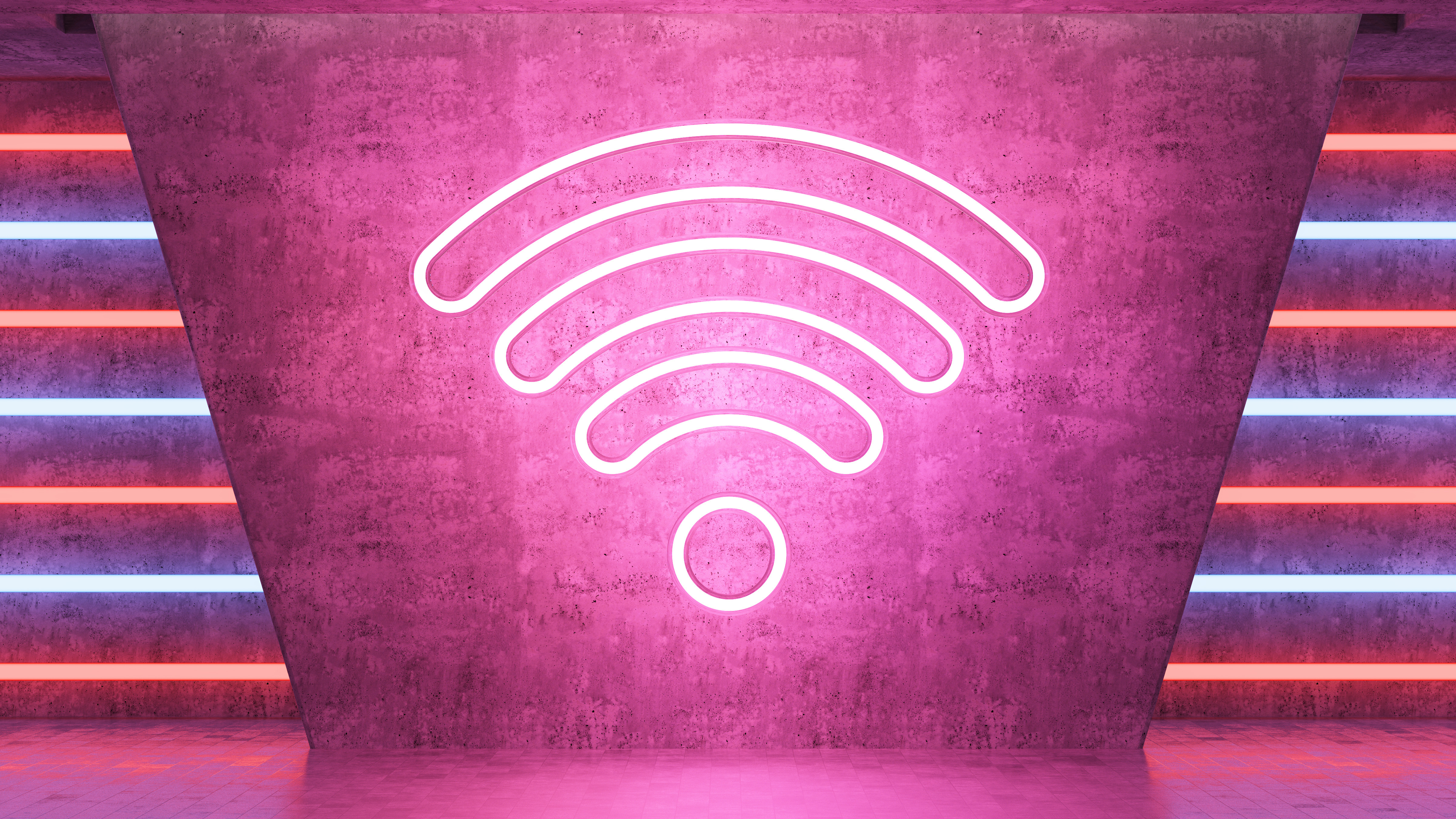What is Wi-Fi 7 and when can I get it? Everything you need to know about Wi-Fi 7
The new Wi-Fi standard is coming, but what does it mean for connectivity speeds and when will Wi-Fi 7 be available?

Get all the latest news, reviews, deals and buying guides on gorgeous tech, home and active products from the T3 experts
You are now subscribed
Your newsletter sign-up was successful
Wi-Fi 7 is coming – and the next-gen wireless internet speeds could be here even sooner than you think, thanks to MediaTek having already announced Wi-Fi 7 compliant modems for forthcoming devices.
But what exactly is Wi-Fi 7, why would you want it, when can we expect it to be a standard, and how can you get it? In this Wi-Fi 7 explainer feature we'll dig into each of those questions in explaining what's coming down the road for the step-up wireless standard.
What is Wi-Fi 7?
Wi-Fi 7 is the next step in wireless standards (which will be known as IEEE 802.11be), which promises to deliver much faster speeds between compatible devices, by using a wider range of frequencies.
So why does Wi-Fi 7 matter? Well, it's so much faster than the current Wi-Fi 6/6E (802.11ax standard) that, for when that's not ample enough, the new standard could spell the end of the need for Ethernet cables being plugged into devices.
Wi-Fi 7 is a bit like how 5G was to 4G in mobile roaming connectivity. That's to say it'll permit much faster speed potential, whether you've known you needed that or not, but even more importantly it'll bring lower latency too, which will be key to cutting those cable connections for some tasks.
How fast is Wi-Fi 7?
Just how fast are we talking about Wi-Fi 7 being? It's a theoretical maximum at present, but it could reach speeds of 30Gbps. That's thirty gigabits per second. Put that in perspective: the current maximum of Wi-Fi 6 and 6E (known as IEEE 802.11ax standard) is 9.6Gbps. So we're talking more than a tripling of speed potential.
How can Wi-Fi 7 be so fast? It's down to a multitude of things. Firstly it utilises the 6GHz band, which is said to offer much less interference than the current 5GHz and 2.4GHz frequency bands.
Get all the latest news, reviews, deals and buying guides on gorgeous tech, home and active products from the T3 experts
In addition, Wi-Fi 7 can utilise something called MLO (multi-link operation) which is a bit like carrier aggregation for mobile phones, in that multiple frequency bands can be used in tandem for optimum performance and consistency.
When can I get Wi-Fi 7?
Wi-Fi 7 might be here sooner than you think: MediaTek has already revealed its Filogic 380, which is destined for mobile devices in the coming months – certainly before the year 2022 is out. Not that Wi-Fi 7 proper will be available by that time.
"Why not?" we hear you cry. Well, because Wi-Fi 7 needs to go through a process to verify and validate its standards. That's done by The Wi-Fi Alliance, so until that body has affirmed its standards, nothing can technically get a Wi-Fi 7 stamp of approval, so to speak. That's unlikely to happen until the end of 2023, i.e. next year.
But that's not going to stop Wi-Fi 7 speeds being available well prior to then. MediaTek, speaking with T3 at the launch of its Filogic 380 Wi-Fi 7 platform, expects that even without official certification and no spec finalised by the Alliance, brands are likely to push a 'Wi-Fi 7 ready' style, or something along those lines.
How will I get Wi-Fi 7 speeds?
To get Wi-Fi 7 speeds you will, of course, need Wi-Fi 7 kit. That's why it's important for the Wi-Fi Alliance to approve the protocols of the standard, so then kit can be certified and sold. Because you'll need kit to achieve such speeds.
That's across the board, too, so if you want Wi-Fi 7 speeds on, say, your tablet then said device will need to be fitted with the relevant hardware and connected to a compatible router. The whole chain will need to be in on the action. However! Wi-Fi 7 is backwards compatible, too, so there's no issues in hand-shaking with Wi-Fi 6E, Wi-Fi 6 and Wi-Fi 5 standards too.

Mike is T3's Tech Editor. He's been writing about consumer technology for 15 years and his beat covers phones – of which he's seen hundreds of handsets over the years – laptops, gaming, TV & audio, and more. There's little consumer tech he's not had a hand at trying, and with extensive commissioning and editing experience, he knows the industry inside out. As the former Reviews Editor at Pocket-lint for 10 years where he furthered his knowledge and expertise, whilst writing about literally thousands of products, he's also provided work for publications such as Wired, The Guardian, Metro, and more.
